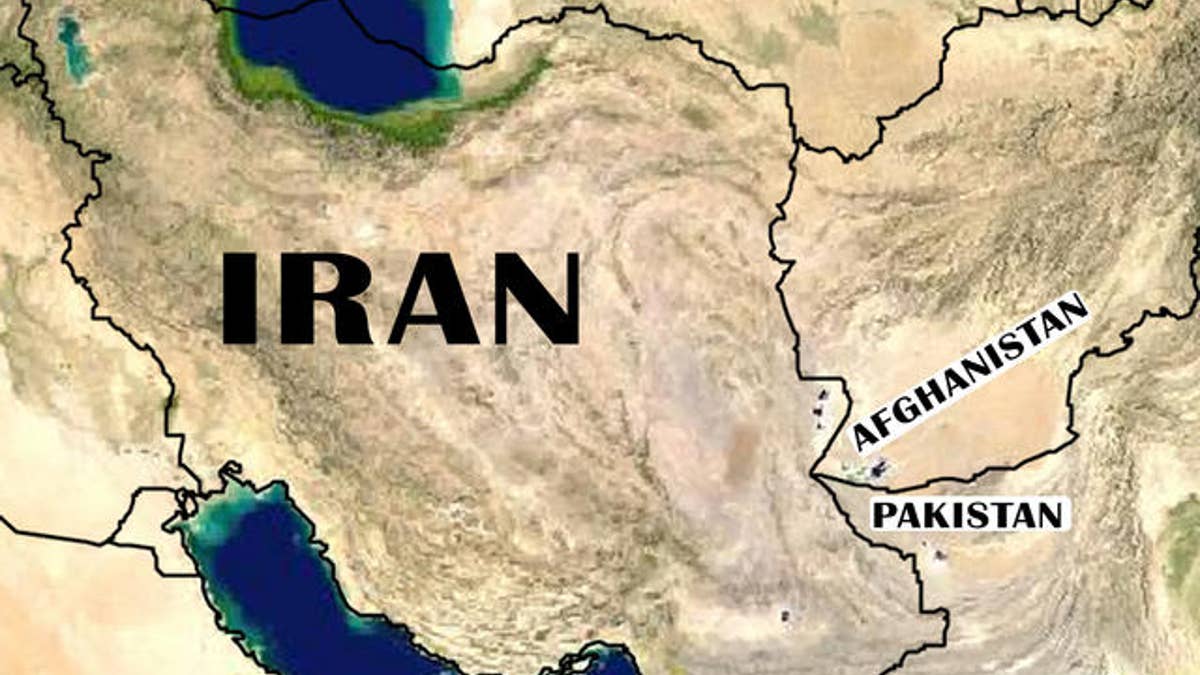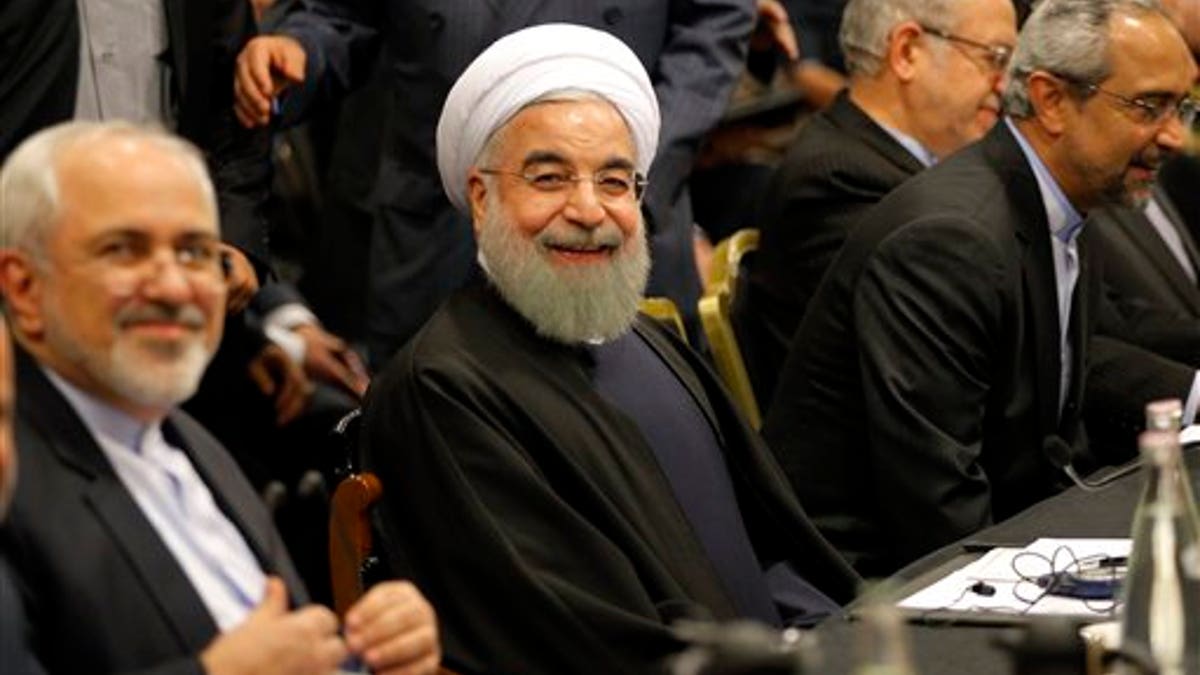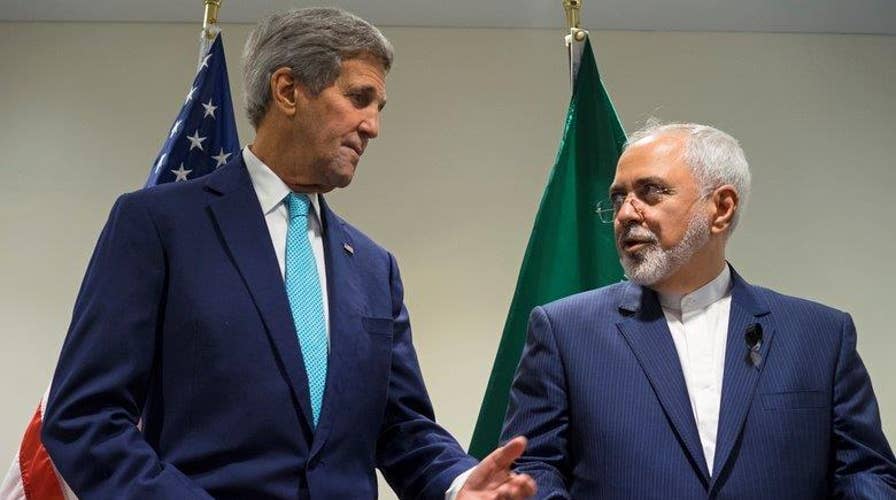What can we expect from new era of Iran-US relations?
Ambassador Dennis Ross, former Middle East advisor to Obama, weighs in
Iran is poised to become one of the richest countries in the world -- and its potential for profit goes far beyond oil.
After years of economic sanctions and international isolation, the Islamic Republic stands to make an estimated $700 billion off its vast deposits of minerals -- such as copper, iron ore, zinc and lead.
"They are an incredibly mineral-rich nation," said Rebecca Keller, a science and technology analyst with the Texas-based global intelligence company, Stratfor.
"There’s potential for high-quality, fairly low-cost mining in Iran," Keller told FoxNews.com Wednesday, as Iranian President Hassan Rouhani tours Europe this week, signing business deals with Western countries clamoring to profit off its natural resources, including its mineral deposits.
"They are an incredibly mineral-rich nation."
Iran has more than 3,000 active mines -- mostly privately owned -- that contain copper, iron ore and heavy rare earth elements, according to the website mining.com.

(AP)
"They're everywhere," Keller said of Iran's minerals, noting the potential for mining near the Afghanistan border and through a ridge that runs down the middle of the country.
"They’re also looking into exploiting rare earth elements, but they’re still in the early stages of this," Keller said of Tehran.
Companies from the oil sector to car making are jostling to take advantage of the opening of the country of nearly 80 million people. Most sanctions were dropped last week after Iran agreed with world powers on a plan to limit its nuclear capabilities.

Iranian President Hassan Rouhani smiles ahead of a meeting in Paris, Wednesday, Jan. 27, 2016. Rouhani says his first visit to Europe since the nuclear accord was signed has proven that there are "great possibilities" for economic, academic, scientific and cultural cooperation and that "today we are in a win-win situation" after years of mutual losses due to sanctions. (AP Photo/Christophe Ena)
Some business deals are ready to be inked, but others are still in negotiation as a few sanctions not related to the nuclear program remain in place, particularly by the U.S., on the trade of goods that could be used for military or intelligence purposes.
In Italy, the government and private companies signed more than a dozen accords with Iran covering the metals industry, oil services, rail transport and shipbuilding.
Iran’s Deputy Industry, Mine and Trade Minister, Mehdi Karbasian, said his country hopes to finalize investment plans worth about $5.4 billion during Rouhani's visit to the country.
According to Tasnim News Agency, the deals with Italy include joint investments in the steel production chain in southern Iran. Tehran also is expected to seal a contract with Italian and Chinese companies to carry out the second phase of Salco, Iran’s largest aluminum smelter plant, Trend News Agency reported.
At a press conference Wednesday in Rome, Rouhani invited American businessmen to join their European counterparts in investing in Iran and taking advantage of the new era of "win-win" collaboration after years of mutual losses.
"It's possible, but the key is in Washington, not in Tehran," he said. "At the same time today, if American investors and the heads of the American economy want to come to Iran and invest in my country, there are no problems from our point of view."
Rouhani, a relative moderate elected in 2013, flew to France later Wednesday and was meeting with Economy Minister Emmanuel Macron and a group of French business leaders.
While the potential mineral profits are estimated at hundreds of billions of dollars, experts like Keller say it will likely take time before such wealth can be seen.
"Unlike oil -- which they have the ability to release into the market immediately -- it’s going to take awhile for these mining operations to scale up," Keller said.
The Associated Press contributed to this report.

